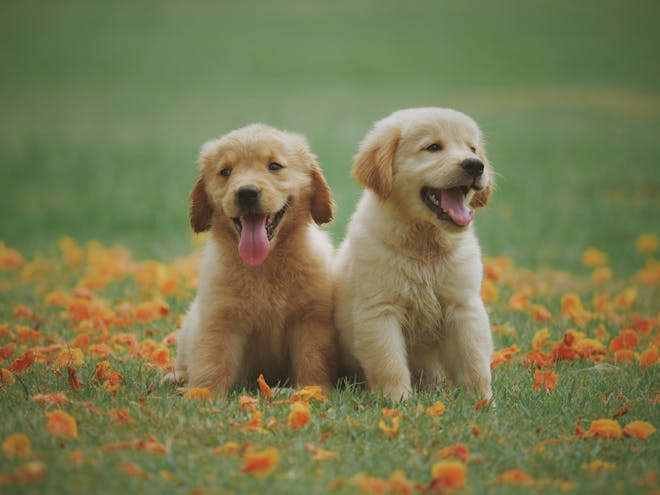Ever catch your cat nibbling on a small patch of grass and wonder why? You’re not alone. Many cat owners are puzzled by their feline’s fascination with “cat grass.” Whether it’s a special treat you provide or something they stumble upon outdoors, this behavior can seem strange at first. But rest assured, it’s perfectly normal. Let’s dig into why cats like cat grass and what you need to know to keep your furry friend safe and healthy.
🧠 Why This Happens
Cats are natural explorers, and their curiosity often extends to their diet. Cat grass, which usually refers to a mix of oat, wheat, or barley grass, appeals to many cats for several reasons:
- Digestive aid: Cats may instinctively nibble on grass to help with digestion. The fiber in cat grass can assist in moving hairballs or other indigestible materials through their digestive tract.
- Regurgitation: Grass consumption might trigger vomiting, which helps cats expel hairballs or other irritants.
- Nutritional curiosity: While cats are obligate carnivores, cat grass contains trace vitamins like folic acid, which supports oxygen circulation in their bodies.
- Natural behavior: In the wild, cats often ingest grass while eating prey. This behavior could be a remnant of their ancestral habits.
So, if you see your cat munching on some grass, it’s not unusual. In fact, it’s often a sign that they’re following their instincts.
❗ How to Help
While cat grass is generally safe, it’s important to take a few precautions to ensure your cat benefits from it without any risks. Here’s how you can help:
- Provide cat-safe grass: Stick to grass labeled specifically for cats, as some outdoor grasses may be treated with pesticides or fertilizers.
- Keep it fresh: Replace cat grass regularly to prevent mold or bacteria from growing in the soil.
- Monitor their intake: While occasional nibbling is fine, excessive consumption could indicate an underlying health issue.
- Remove toxic plants: Ensure your home or garden is free of plants that are toxic to cats, like lilies or aloe vera.
According to the ASPCA, some common household plants can be toxic to cats if ingested (source). Keeping your home cat-safe is essential.
✅ Behavioural Solutions
If your cat loves cat grass a little too much, here are some strategies to keep their behavior in check:
- Rotate the grass: Offer cat grass in limited amounts and rotate it out with other enrichment activities to keep their interest balanced.
- Encourage play: Distract your cat with toys or interactive games if they’re obsessing over the grass.
- Offer a balanced diet: Ensure your cat is eating a high-quality, nutritionally complete diet so they aren’t seeking nutrients elsewhere.
If your cat’s behavior around grass seems excessive or compulsive, it might be worth consulting with a vet. Sometimes, unusual eating habits can signal stress or underlying health concerns.
💡 When to Get Support
While cat grass is generally harmless, there are situations where you might need professional advice:
- Your cat vomits frequently after eating grass.
- They seem overly obsessed with eating grass or other non-food items (a condition called pica).
- You notice signs of digestive upset, such as diarrhea or constipation.
- They’re losing weight or showing changes in appetite.
If you’re ever unsure about your cat’s behavior or health, it’s always better to err on the side of caution and consult a veterinarian. Early intervention can make a big difference.
FAQs
Q: Is cat grass safe for all cats?
A: Yes, cat grass is generally safe for most cats. However, if your cat has a sensitive stomach or underlying health conditions, consult your vet before introducing it.
Q: Can outdoor grass harm my cat?
A: It depends. Outdoor grass may be treated with harmful chemicals or pesticides, which can be toxic to cats. Always provide untreated, cat-safe grass for your pet.
Q: My cat doesn’t seem interested in cat grass. Is that normal?
A: Absolutely. Not all cats are drawn to cat grass. If your cat shows no interest, there’s no need to force it. They may already be meeting their dietary and enrichment needs in other ways.
Book a $49 online vet consultation at https://www.dialavet.com for fast, expert advice.























